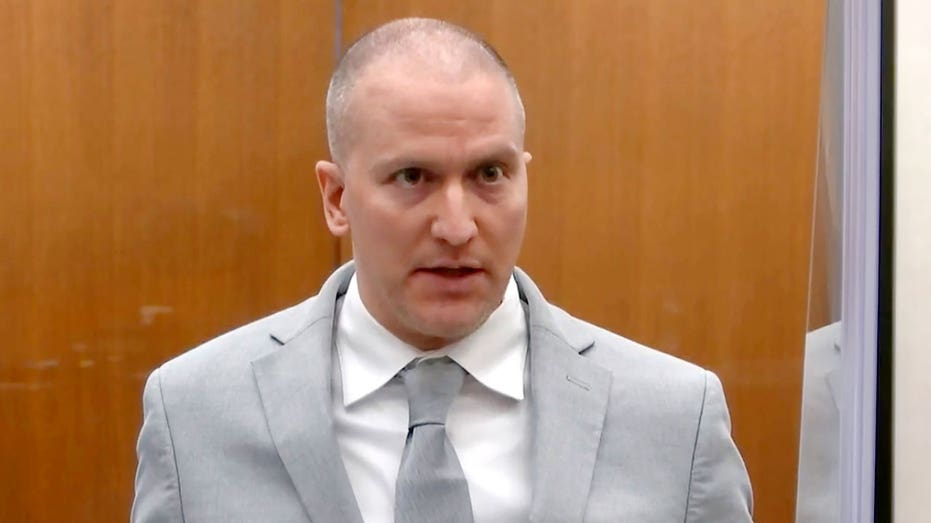The Supreme Court on Monday declined to hear an appeal from the Minnesota ex-cop Derek Chauvin, who was convicted in the Memorial Day 2020 murder of George Floyd.
Chauvin and his legal team had argued that his 2021 trial in Minneapolis was held during a time of political upheaval, and the jury was tainted by the likelihood of even more violent riots if he had been acquitted.
“This criminal trial generated the most amount of pretrial publicity in history,” Chauvin’s attorney William Morhmann said at the time of the appeal. “More concerning are the riots which occurred after George Floyd’s death (and) led the jurors to all express concerns for their safety in the event they acquitted Mr. Chauvin — safety concerns which were fully evidenced by surrounding the courthouse in barbed wire and National Guard troops during the trial and deploying the National Guard throughout Minneapolis prior to jury deliberations.”
The Minnesota Supreme Court also declined to hear the case, effectively upholding Chauvin’s conviction. The former officer is serving a sentence of more than two decades in prison.
Floyd died on May 25, 2020, after Chauvin kneeled on his neck for nearly 10 minutes despite his cries of not being able to breathe.
Hennepin County Judge Peter Cahill sentenced Chauvin to 22.5 years after jurors found him guilty of second-degree murder, third-degree murder and second-degree manslaughter.
Chauvin was in court last week filing a separate motion claiming that new evidence he has shows he didn’t cause Floyd’s death and that he never would have pleaded guilty in 2021 if he had known about the theories of a Kansas pathologist, whom he had been in contact with in February.
Chauvin is asking the judge who presided over his trial to throw out his civil rights conviction and order a new trial, or at least a hearing for him to present the new evidence.
DEREK CHAUVIN SENTENCED TO 21 YEARS IN FEDERAL PRISON FOR VIOLATING GEORGE FLOYD’S CIVIL RIGHTS
According to records, Chauvin says Dr. William Schaetzel, of Topeka, Kansas, told him that he believes Floyd died from complications of a rare tumor called a paraganglioma that can cause a fatal surge of adrenaline.
It is noted that the pathologist did not examine Floyd’s body but did review autopsy reports.
In his motion, Chauvin claims that no jury would have convicted him if it had heard the pathologist’s evidence.
Floyd’s killing led to a firestorm of protests and riots across the U.S. and even in Europe. The unrest saw police precincts, small businesses and vehicles burned in cities and small towns across the country.
Fox News Digital’s Stepheny Price and Andres Hagstrom contributed to this report.
[#item_full_content]




